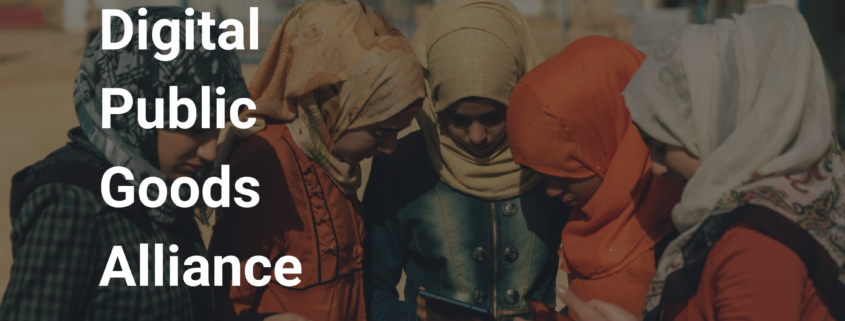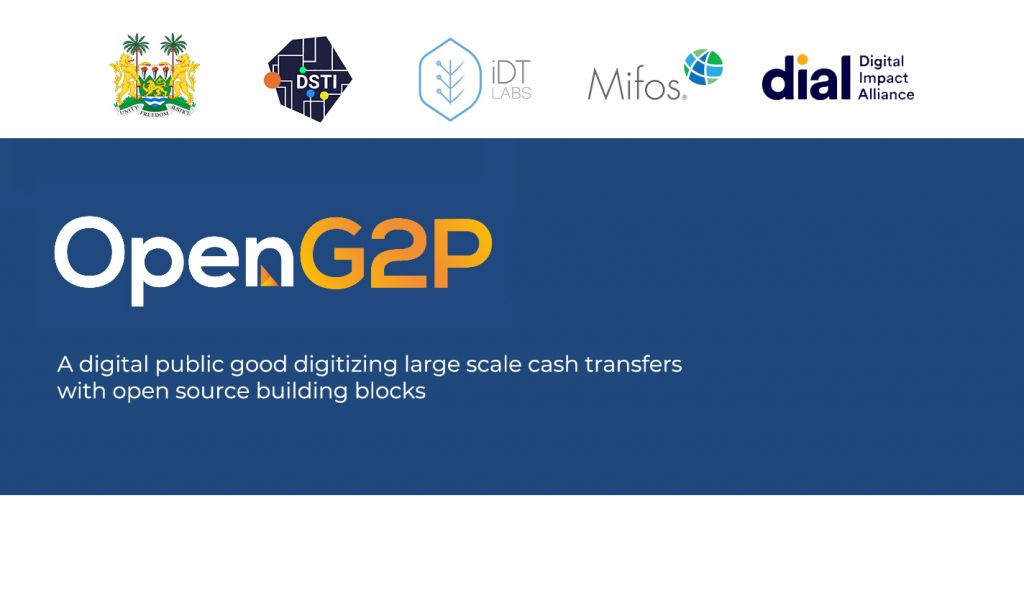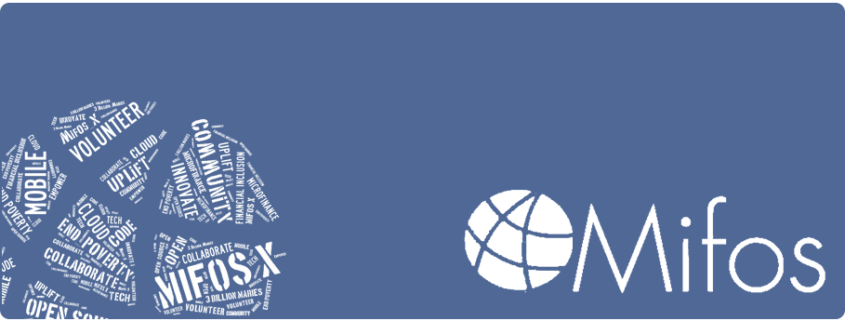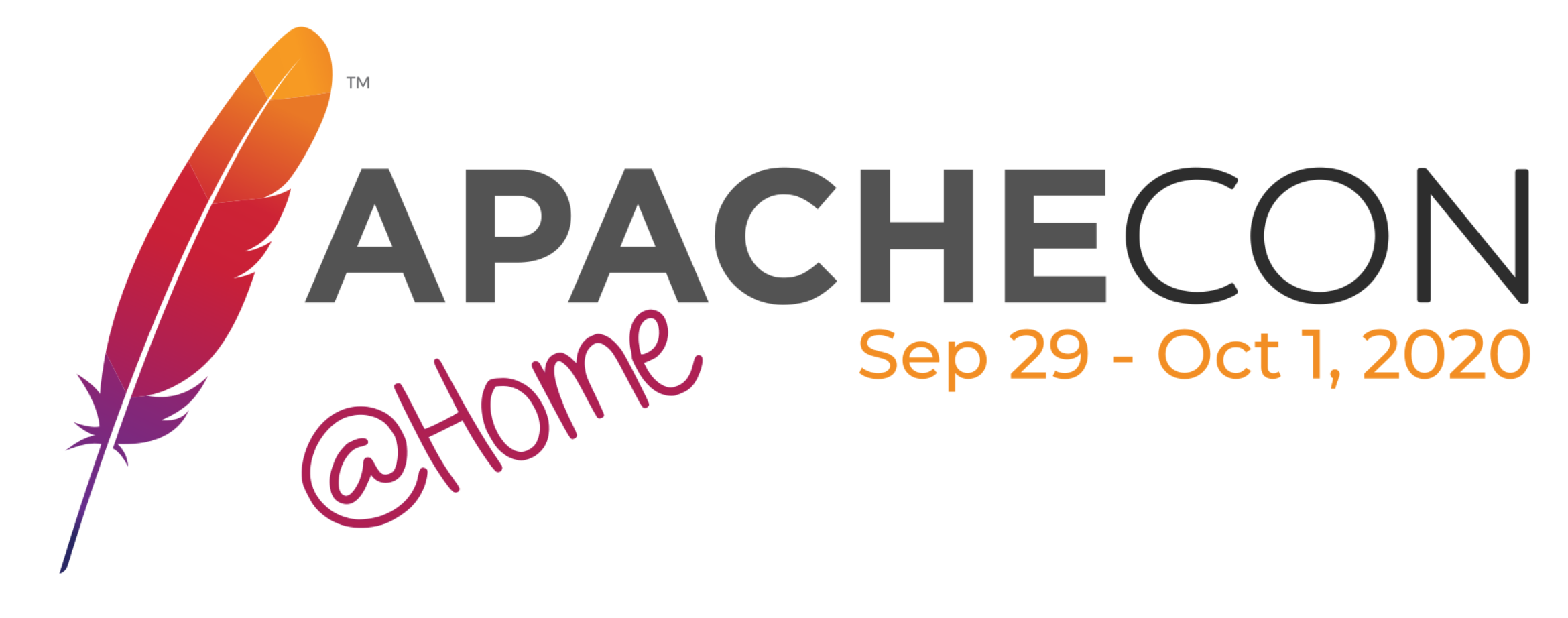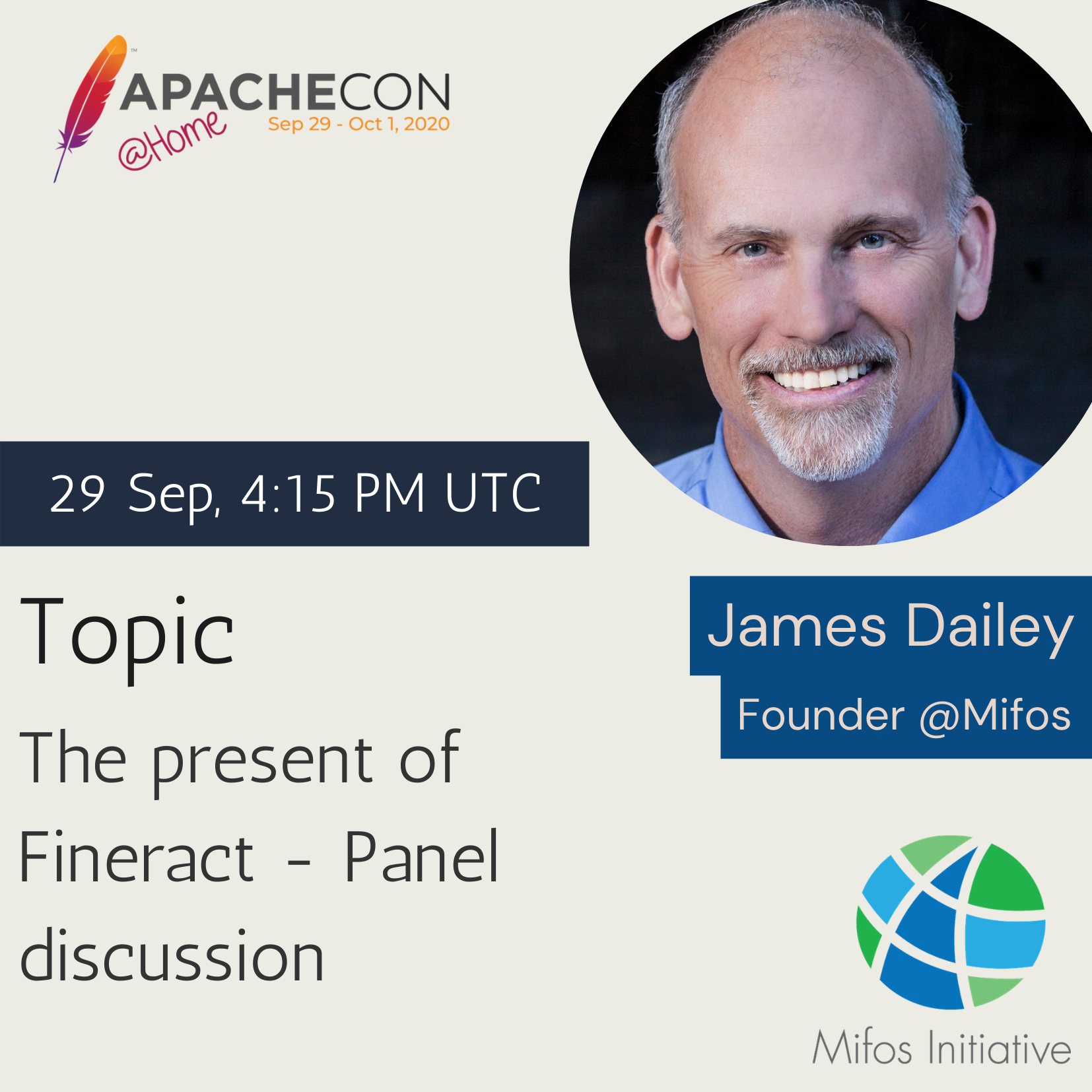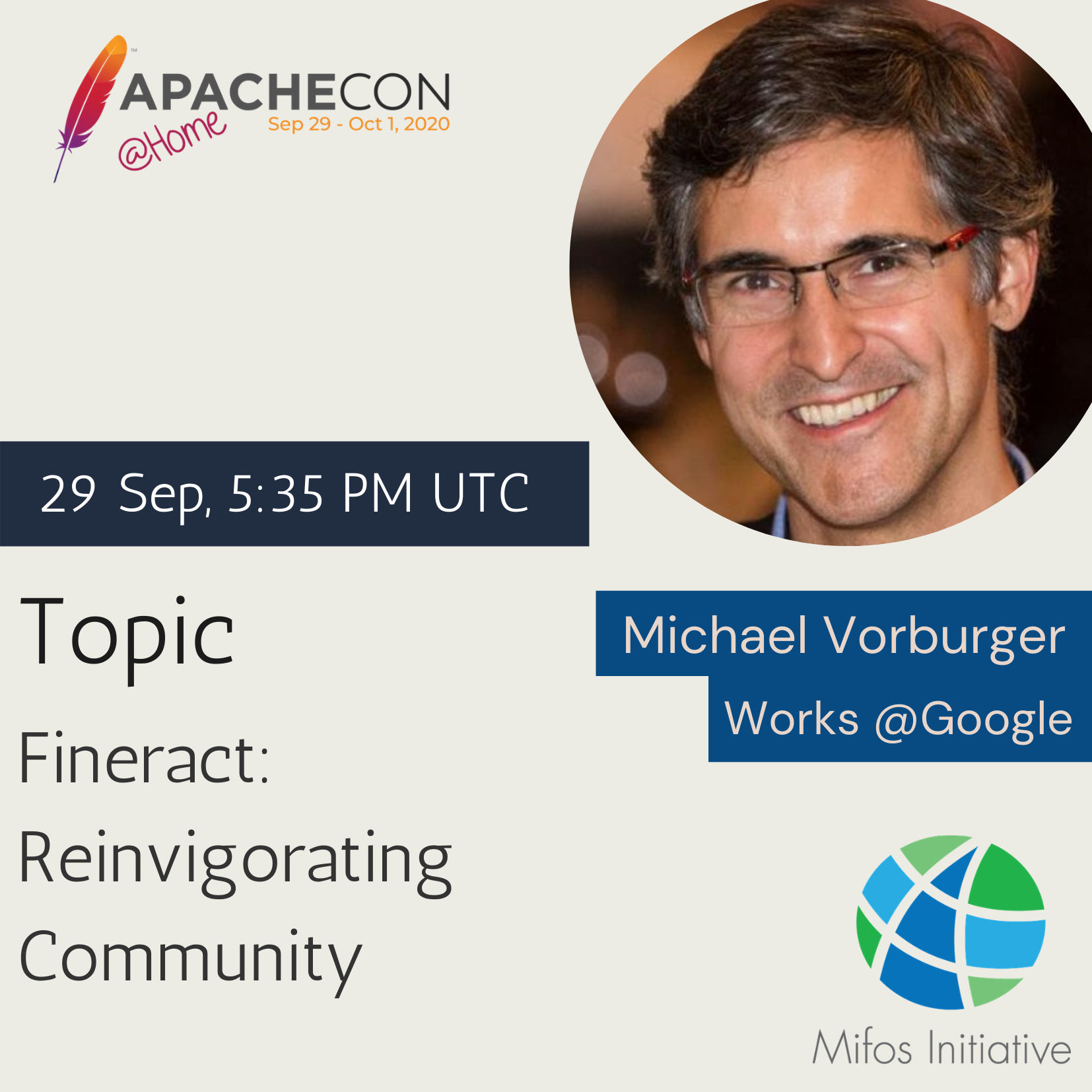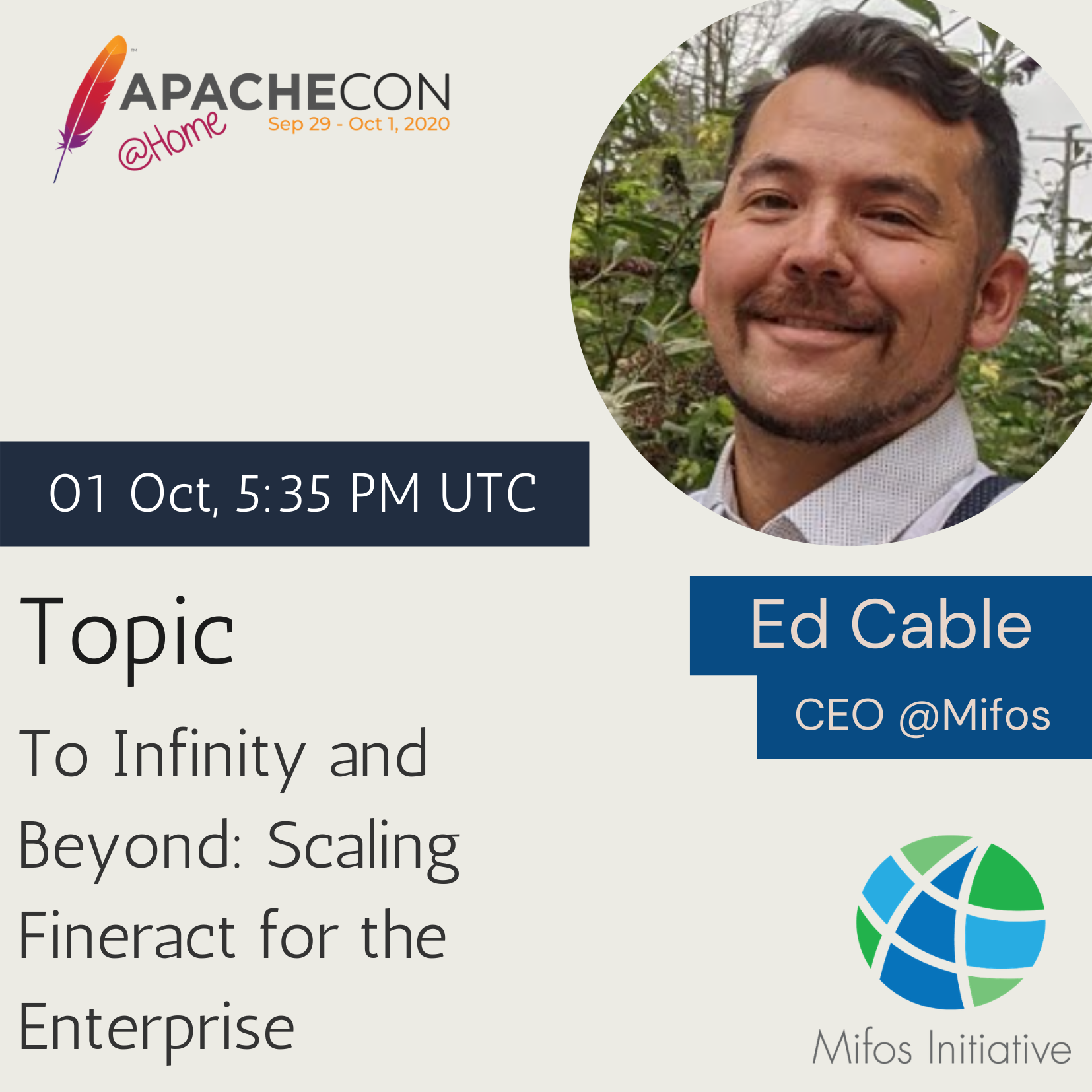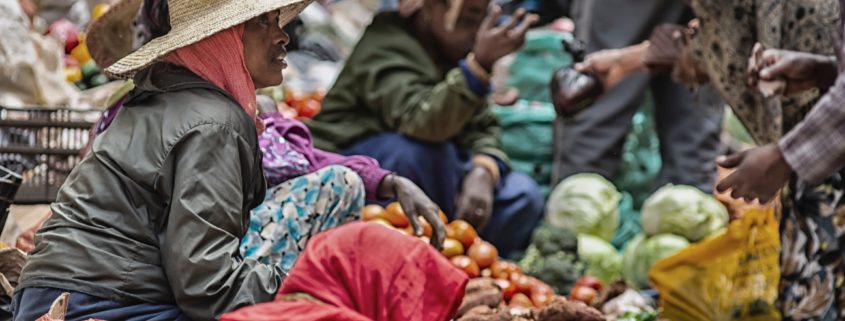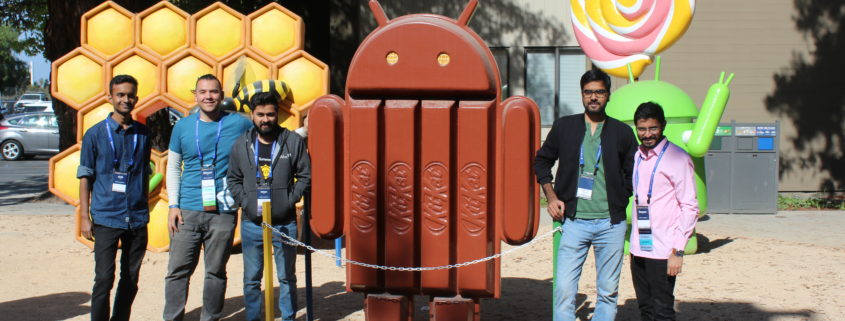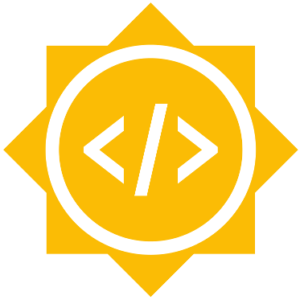This past week we kicked off the 2020 Google Summer of Code. This year marks the 16th year for GSOC with Mifos participating for the 7th time independently and 9th year overall. As our stack of open source building blocks for financial services continues to grow, so does our class of interns – this year will be our largest class to date with 17 interns participating in GSOC through the Mifos Initiative along with three GSOC interns under the Apache Software Foundation working on Fineract and one Outreachy Intern for Mifos sponsored by DIAL to work on Apache Fineract.
Working with an intern class of this size across all the projects and repositories between Mifos and Fineract will be a challenge that requires the effective participation of our community in helping to welcome these interns, provide feedback on their work, and to review and merge the contributions they are making. We are eager to incorporate the enhancements they’ll be making to our existing repositories and the new projects they will be starting but most importantly being able to pass the torch onto the next generation of our open source fintech force, who will become the future leaders of our community and fintech innovators blazing new trails. We will have eight interns working on our suite of mobile apps, five interns working on our web apps, four interns working on integration and new plugins/modules, and four interns working directly on Fineract 1.x.
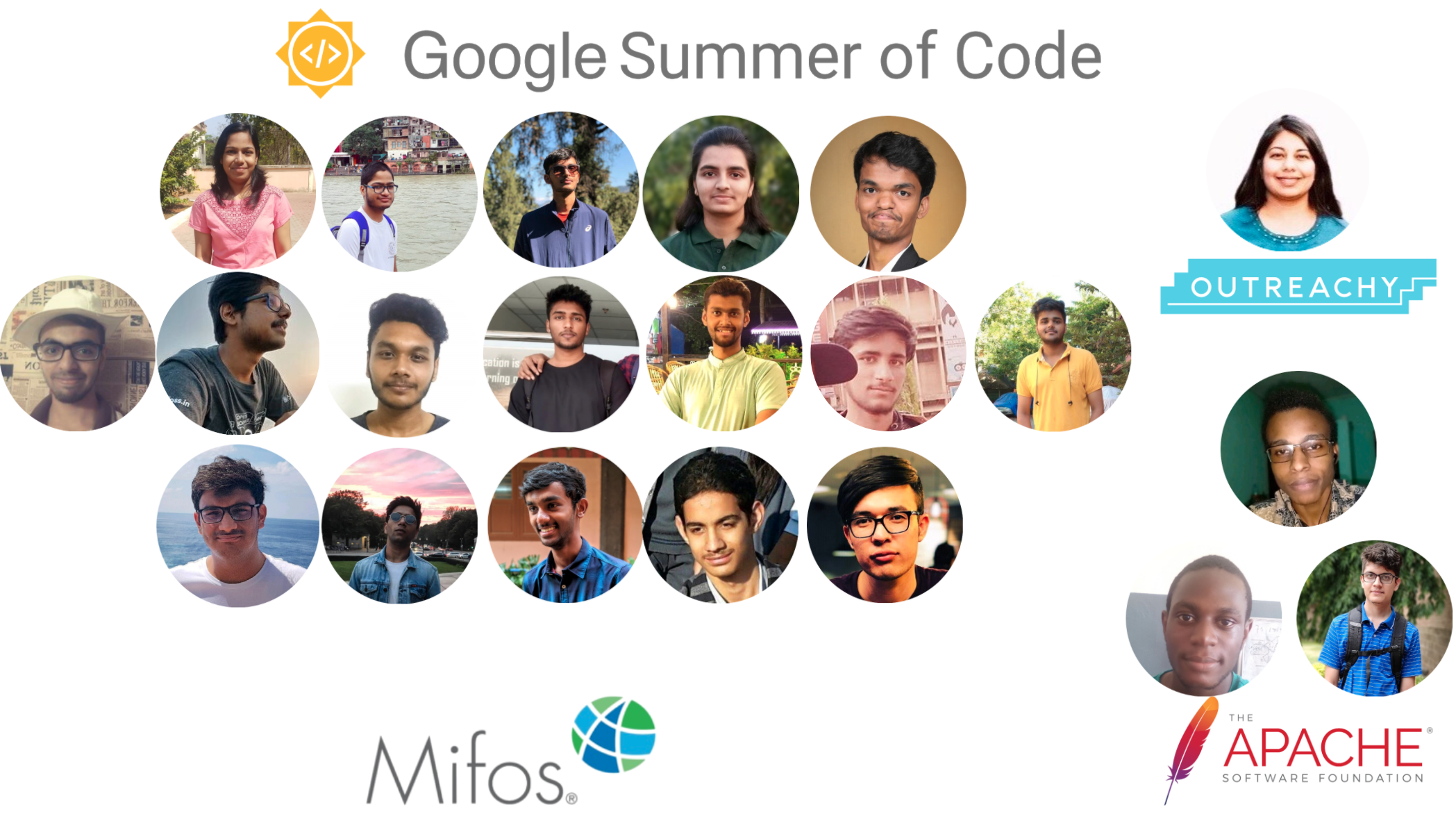
For our mobile apps, the primary focus areas will be integrating our customer-facing apps via Open Banking APIs and an API Gateway, enhancing functionality and user experience, deepening the integration with Payment Hub EE, along with rewriting apps into Kotlin to enable cross-platform development, and even abstracting out common code into an SDK and building a brand new app for third-party fintechs. Shashank Priyadarshi, will be working under the mentorship of Abhilash Gunasegaran and Saransh Sharma on our Android Client 7.0 while Ahmad Jawid Muhammadi will be working with support from Rajan Maurya on Fineract CN Mobile 4.0. Chinmay Kulkarni will also be working on our Android field operations apps by abstracting out common features into an SDK with support from Ishan Khanna. For our customer-facing apps, Shivangi Singh will be working on Mifos Mobile 5.0 under the mentorship of Sashank Mishra and Saksham Handu. Garvit Agarwal will be working on Mifos Mobile CN 3.0 with Abhijit Ramesh as his mentor. Ashwin Ramakrishnan will also be working on our customer-facing apps but converting them to Kotlin. Devansh Aggarwal will be working on our Mobile Wallet 4.0 with Shivansh Tiwari and Naman Dwivedi as his mentors. Ankur Sharma, a returning GSOC intern, will work on building brand new open banking fintech app with Naman, Rajan, and Istvan Molnar as his mentors.
On the web front, we will aim to complete the rewrite of our web-app, build a more polished and streamlined reference UI for Fineract CN, enhance our online banking app, and build a configuration wizard and extend our Operations UI for Payment Hub EE. Two interns, Karan Takalkar and Muskan Khedia, working with Abhay Chawla and Jivjyot Singh, will be focused on completing the remaining 40% of our new web app in Angular and getting all the testing coverage in place to make sure it’s production-ready. Manish Kumar, another returning GSOC intern, will work under Ankit Ohja on our Online Banking App 4.0. Ashutosh Sharma will split his focus on two sub-projects, a self-guided configuration wizard on the new web-app with support from Bharath Gowda, and adding new screens and functionalities to the Operations UI for Payment Hub EE with support from Adam Saghy. Abhijeet Khangarot will be working on a brand new reference UI for Fineract CN focused on digital and challenger banks with support from Pranjal Goswami, Gaurav Saini, and Giorgio Zoppi.
On integrations and additional modules for Fineract, we’ll continue to deepen our payments integration, explore more concepts in machine learning and build out more components for decisioning and origination. Subham Pramanik will be building out the Payment Hub EE connector for the GSMA Mobile Money API under the mentorship of Avik Ganguly and Rahul Goel. Finalizing our credit bureau integration module, will be Rahul Pawar, with mentors, Nikhil Pawar and Manoj VM, to guide him. Mehul Arora, will be completing our Machine Learning Credit Scorecards project under the guidance of Lalit Mohan. Yash Khare will be working with Nayan Ambali as his mentor on completing the Vision PPI project.
We have a stellar class of GSOC interns from ASF and Outreachy working on some critical upgrades, enhancements, and testing improvements to Fineract 1.x to make core platform more stable and and production-ready to be a rock-solid upstream codebase for others to continue to innovate from. Manthan Surkar will be tackling the expansive code refactoring across the platform along with completing Swagger API documentation and addressing issues in our backlog under the mentorship of long-time and returning mentor, Michael Vorburger. Yemdjih Kaze Nasser is surmounting the much-needed migration of our ORM from OpenJPA to Eclipselink with support from Awasum Yannick, Courage Angeh, and Sanyam Goel. Percy Ashu with the guidance of Awasum will be addressing vulnerability found in code scanning along with improving testing coverage of the platform. Natasha Narajan, part of the Outreachy program that we’re participating in with support from DIAL, is being mentored by Michael Vorburger and focusing on completing numerous tasks and issues from our backlog related to strengthening and hardening Fineract 1.x.
Read on for a brief professional intro for each intern and their project and stay tuned for our second round of posts introducing some fun facts about each intern. Feel free to find them on the lists or Gitter and welcome them to the community. Throughout the summer, we’ll have showcases of their work during the community meetings.
Mobile Apps
- Chinmay Kulkarni
- Android SDK
- Mentor(s): Ishan Khanna & Rajan Maurya
- Devansh Aggarwal
- Mobile Wallet 5.0
- Mentors: Shivansh Tiwari, Naman Dwivedi, Rahul Jha
- Ankur Sharma
- Open Banking Fintech App
- Mentors: Shivansh, Naman, Rajan, Istvan Molnar
- Shashank Priyadarshi
- Android Client 7.0
- Mentors: Abhilash Gunasegaran and Saransh Sharma
- Ashwin Ramakrishnan
- Convert Customer-Facing Apps to Kotlin
- Mentors: Rajan Maurya, Ishan Khanna
- Garvit Agarwal
- Mifos Mobile CN 3.0
- Mentors: Abhijit Ramesh
- Shivangi Singh
- Mifos Mobile 5.0
- Mentors: Saksham Handu, Sashank Misra
- Ahmad Jawid Muhammadi
- Fineract CN Mobile 3.0
- Mentors: Rajan Maurya
Web Apps
- Karan Takalkar
- Web App Rewrite
- Mentor(s): Abhay Chawla & Jivjyot Singh
- Ashutosh Sharma
- Configuration Wizard and Operations UI for Payment Hub EE
- Mentors: Bharath Gowda & Adam Saghy
- Abhijeet Khangarot
- Digital Bank UI for Fineract CN
- Mentors: Pranjal Goswami, Gaurav Saini, Giorgio Zoppi
- Muskan Khedia
- Web App Rewrite
- Mentor(s): Abhay Chawla & Jivjyot Singh
- Manish Kumar
- Online Banking App 4.0
- Mentors: Ankit Ohja & Gaurav Saini
Fineract Integrations & Modules
- Subham Pramanik
- GSMA Mobile Money API Connector for Payment Hub EE
- Mentor(s): Avik Ganguly and Rahul Goel
- Mehul Arora
- Machine Learning Credit Scorecards
- Mentors: Lalit Mohan
- Yash Khare
- Vision PPI
- Mentor(s): Nayan Ambali
- Rahul Pawar
- Credit Bureau Integration 3.0
- Mentors: Manoj VM & Nikhil Pawar
Apache Fineract
- Manthan Surkar (ASF)
- Code Refactoring & Swagger API Documentation
- Mentor(s): Michael Vorburger
- Yemdjih Kaze Nasser (ASF)
- Migrate ORM to Eclipselink
- Mentors: Awasum Yannick, Courage Angeh, Sanyam Goel
- Percy Ashu (ASF)
- Improving Code Quality & Testing Coverage
- Mentor(s): Awasum Yannick
- Natasha Natarajan (Outreachy)
- Strengthening and Hardening Fineract 1.x
- Mentors: Michael Vorburger
Read more


